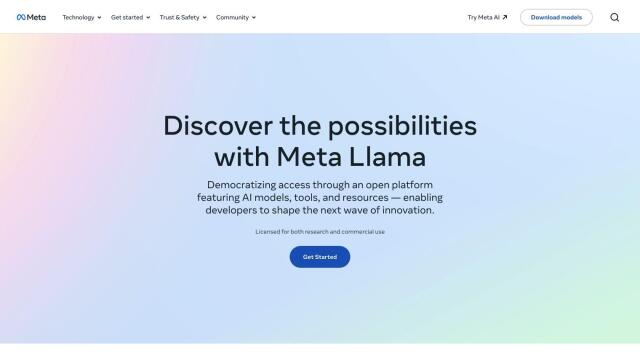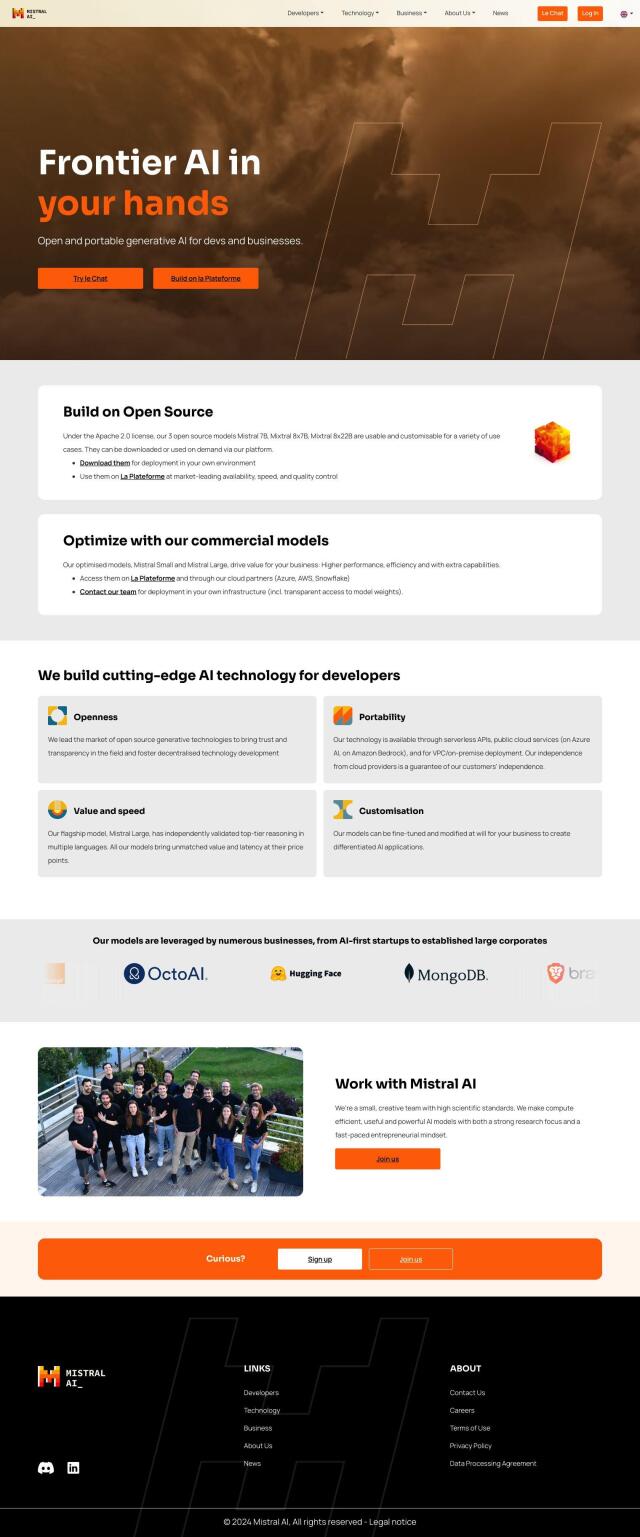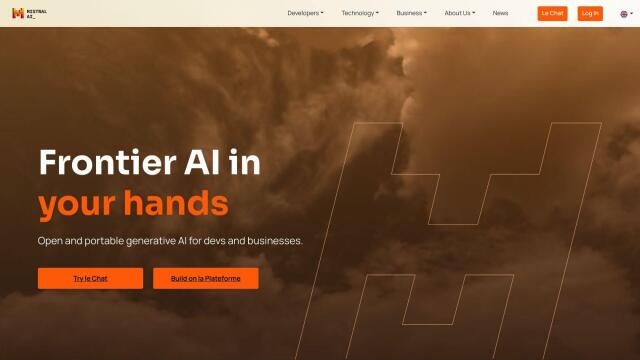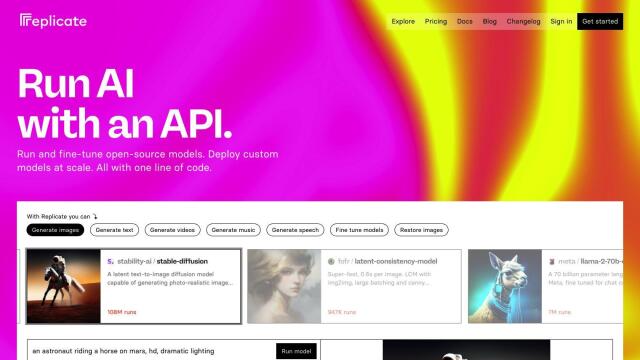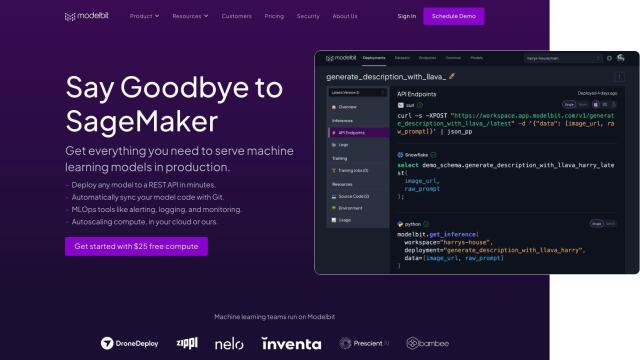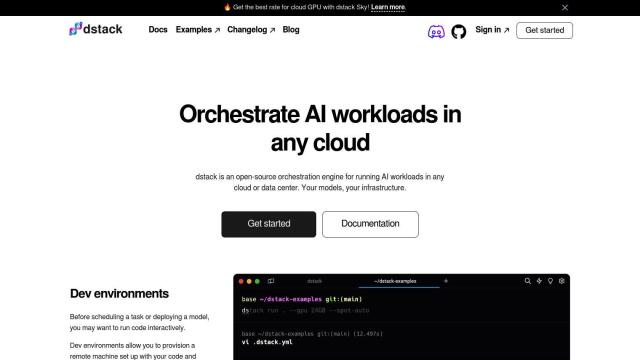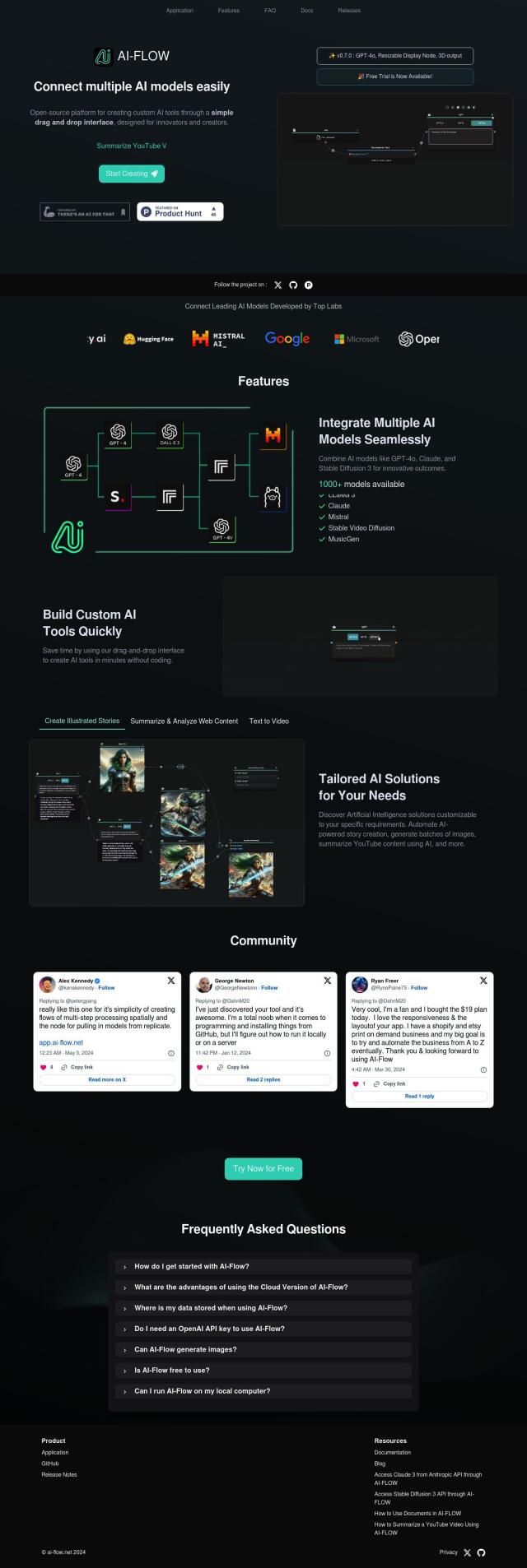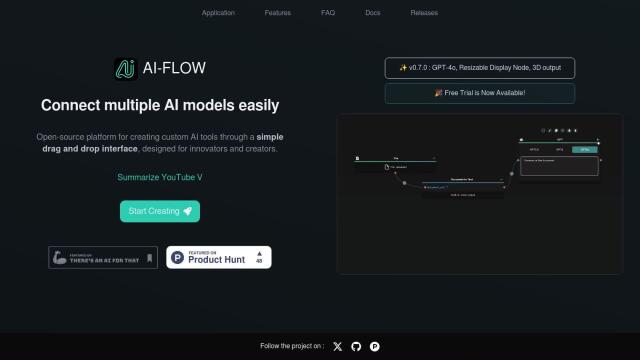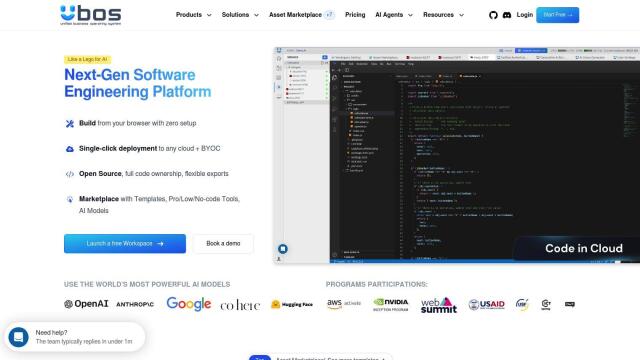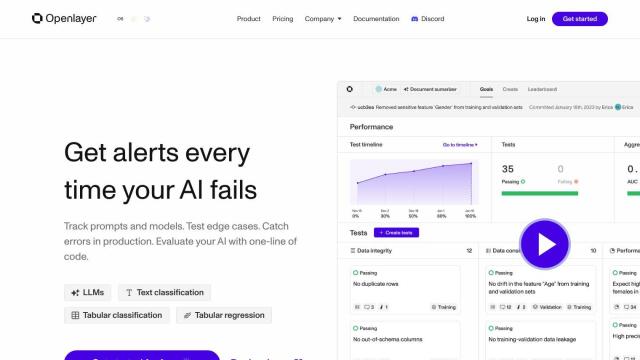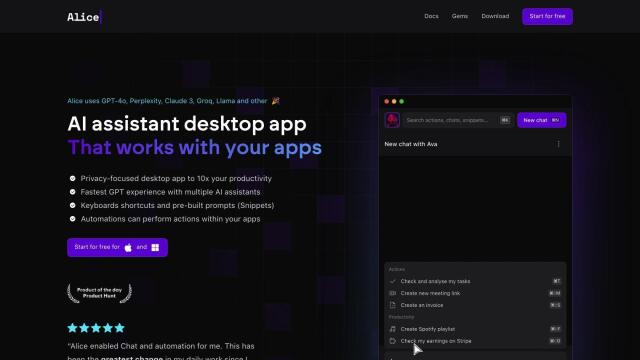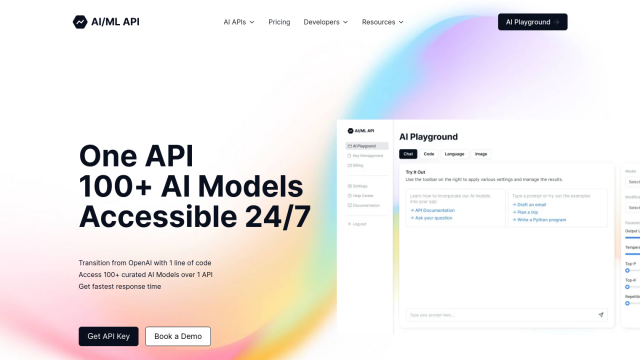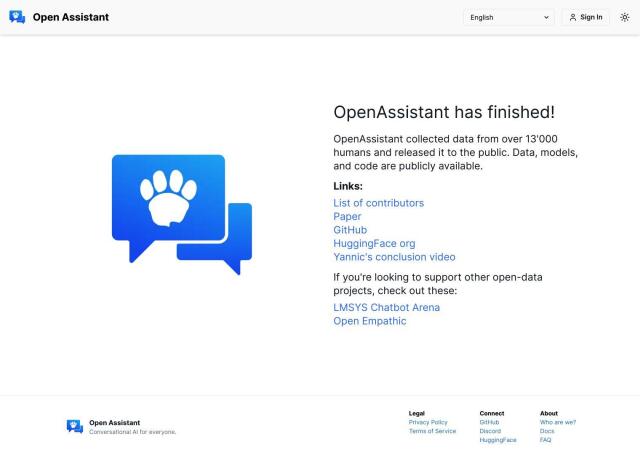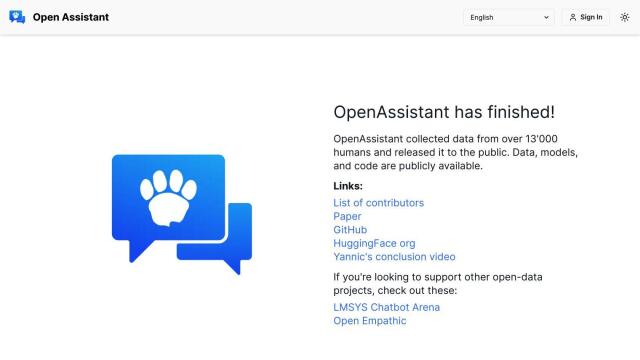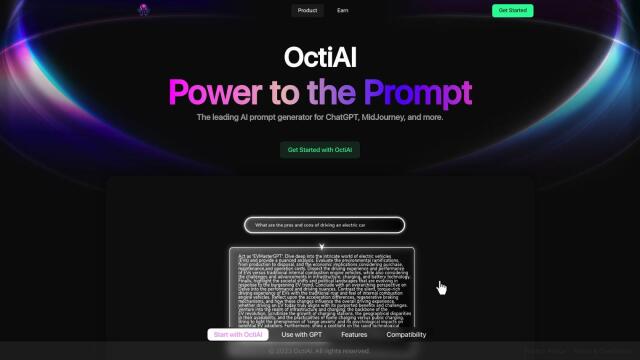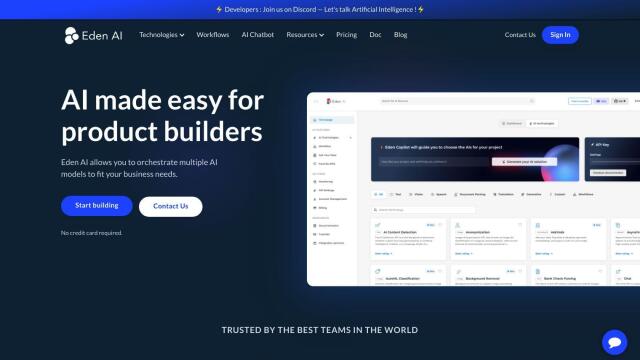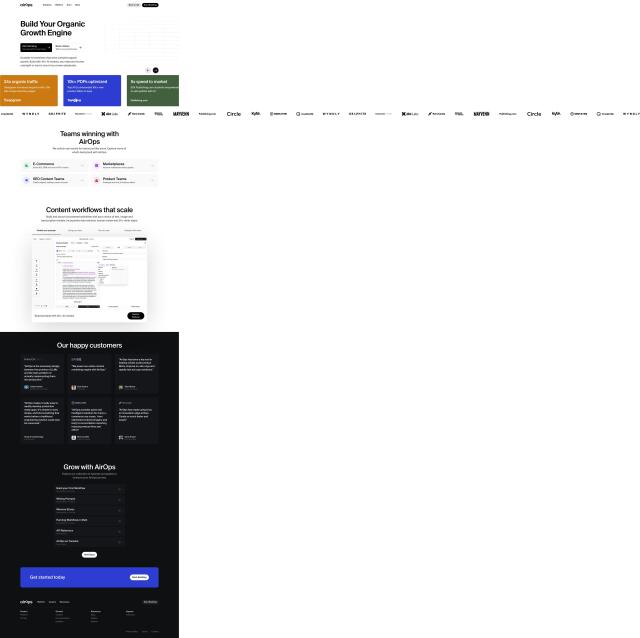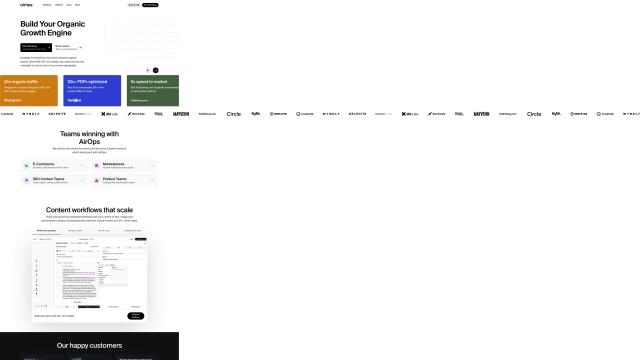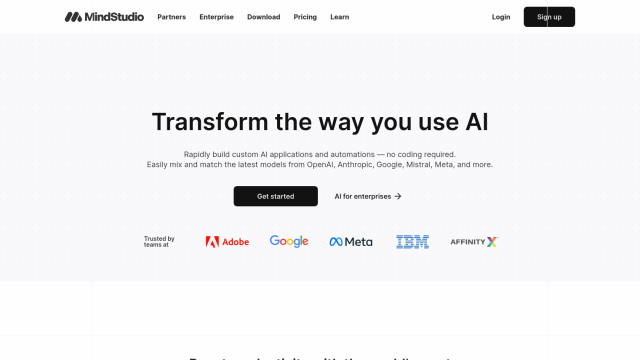Question: I'm looking for an open-source solution that enables me to run and modify AI models on multiple operating systems, including Windows and Linux.
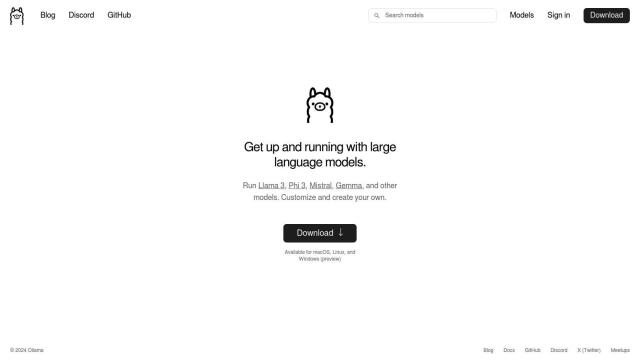
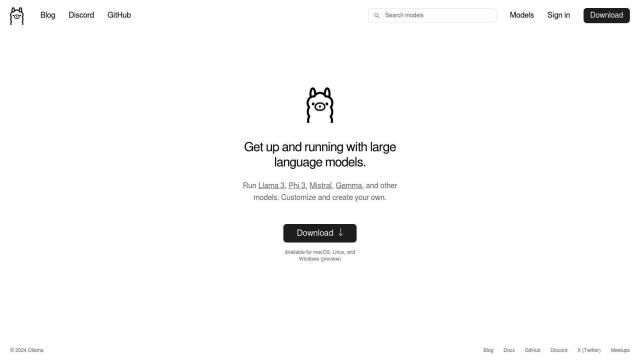
Ollama
If you need an open-source foundation for running and modifying AI models on Windows and Linux, Ollama is a top contender. The system lets you run large language models like Llama 3, Phi 3, Mistral and Gemma on macOS, Linux and Windows (in preview). It's got cross-platform support, GPU acceleration and a library of models that includes uncensored and task-optimized models from top developers. It's geared for developers, researchers and AI curious people who want to run AI models on their own machines.


Anyscale
Another strong contender is Anyscale, a system for building, deploying and scaling AI applications. Based on the open-source Ray framework, Anyscale supports a variety of AI models and comes with features like workload scheduling, cloud flexibility and optimized resource usage. It also comes with native integrations with popular IDEs, persisted storage and Git integration, making it a powerful option for managing AI projects at scale with the best balance of performance and cost.

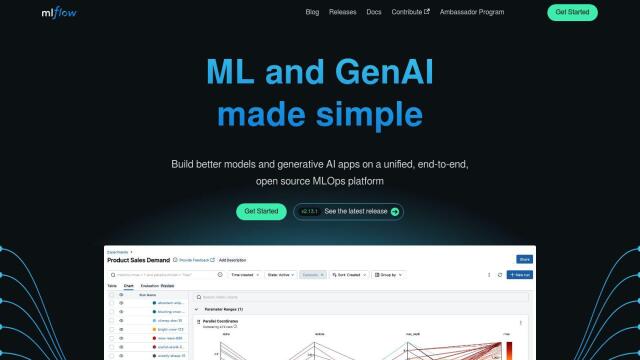
MLflow
For an MLOps system, MLflow is a single tool for managing the entire lifecycle of machine learning and generative AI projects. It tracks experiments, logs data and manages models, and supports popular deep learning libraries like PyTorch and TensorFlow. MLflow can run on a variety of environments, including Databricks, cloud providers and local machines, so it's a good option for improving collaboration and productivity in ML workflows.


LLMStack
Last, LLMStack is an open-source system for building AI applications, including generative AI apps and chatbots, using pre-trained language models from big companies. It's got a no-code builder for connecting multiple LLMs to data and business processes without requiring programming skills, and supports multi-tenancy and permission controls for controlling who gets access. LLMStack can be run in the cloud or on-premise, so it should meet a range of AI development needs.

